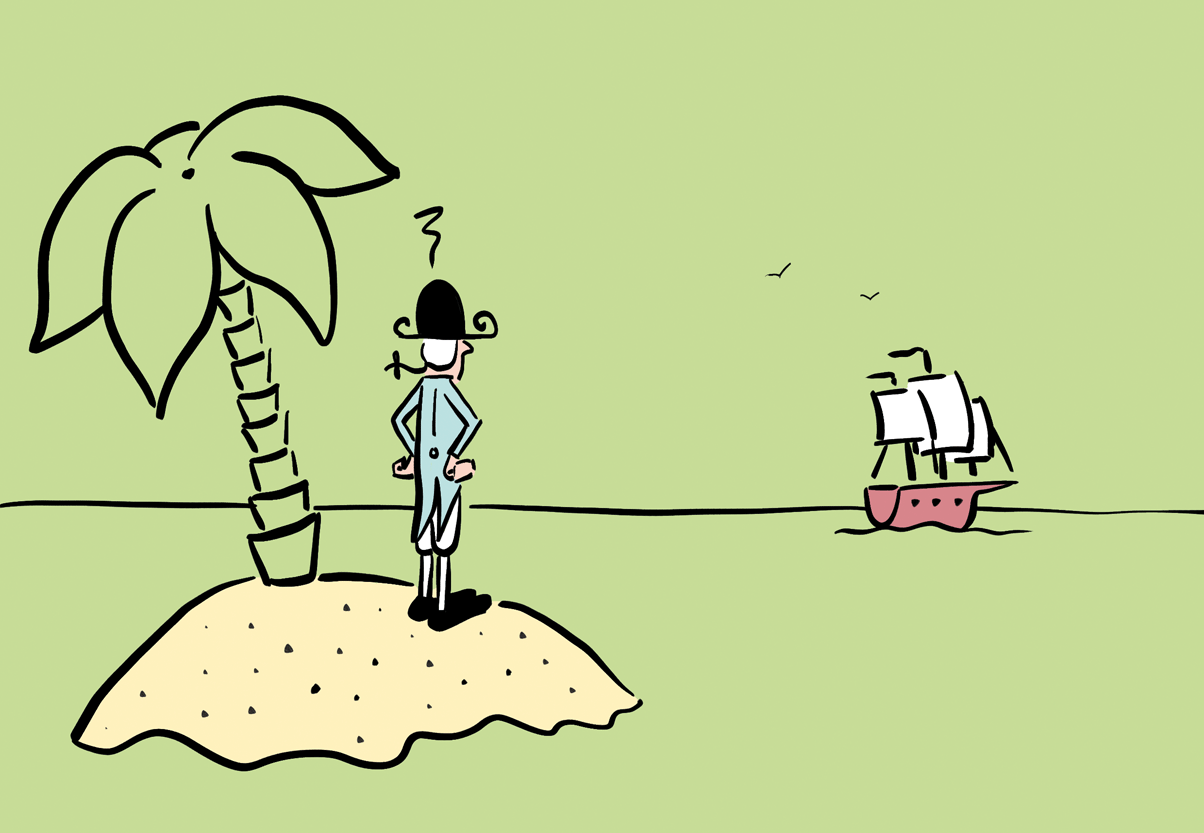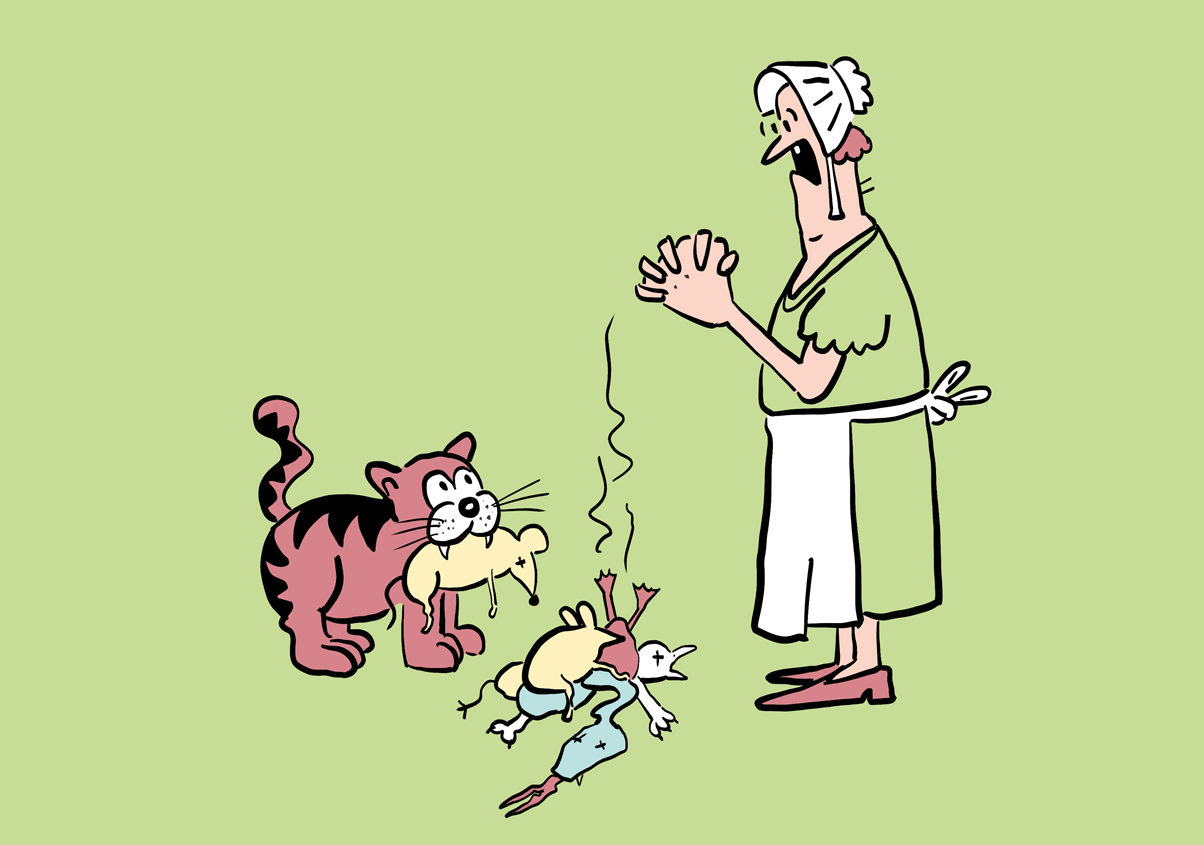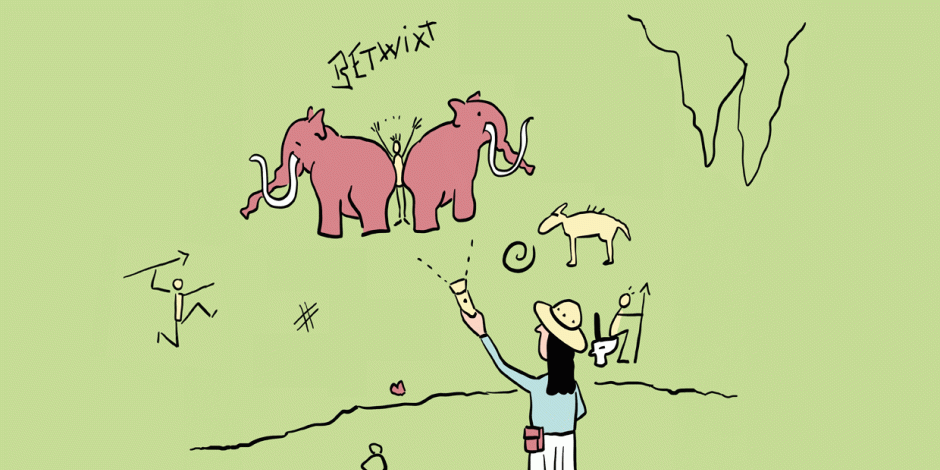Fossils – beautiful creatures, as old as time, perfectly to preserve sth.etw. erhaltenpreserved in stone. The English language, too, has its fossils – wonderfully archaicveraltetarchaic words from earlier centuries, perfectly preserved in idioms and set phrases, or in legal or religious language. We often use them without even noticing – but here, we bring them to the surface and polish them for you to admire.
For each fossil word, we give you a modern English synonym or equivalent (in bold), an example sentence and a short explanation. Enjoy our dig!
Lest
for fear that, in order to avoid
“lestdamit nichtLest we forget”
This phrase is often used on Kriegerdenkmalwar memorialwar memorials or in church services of remembranceGedenkenremembrance for fallen soldiers and other victims of war. “Lest we forget” means “Let us ensure that we don’t forget”. This Old English word has a serious, old-fashioned, biblical sound to it.
Betwixt
between
“Her spirit hovered betwixt (arch.)dazwischenbetwixt this world and the next.”
“Betwixt” – or just “‘twixt” – is an old alternative to “between”. It has largely died out, but you might hear it in a spooky (ifml.)gespenstisch, unheimlichspooky ghost story, where things happen in the twilight zoneGrauzonetwilight zone – “betwixt day and night” or “‘twixt life and death”. It’s still also used in the combination “betwixt and between”, which means “neither one thing nor the other”, such as: “I’m not sure if this TV programme is a reality show or a drama. It’s a bit betwixt and between.”

Left in the lurch
put in a difficult situation, to abandonverlassenabandoned
“They pulled out of the deal at the last minute, leaving us in the to leave sb. in the lurchjmdn. im Regen stehen lassenlurch.”
“Lurch” (or “Lourche”) was a French board game popular in the 16th and 17th centuries. In the game, which was a little like backgammon, a “lurch” was a hopeless position where a player had no chance of winning, leaving them “in the lurch”. We can no longer play the game because its exact rules have been lost, but the expression lives on.
To and fro
forwards and backwards
“I drove to and frohin und herto and fro between my house and the office all day long.”
This nice-sounding phrase originated in the 1820s, but the “fro” (“from”) is much older and is used only in this expression. It means “moving first in one direction and then the other, many times”. It can also describe the many discussions or arguments between two sides that can’t agree. As with the German hin und her, “to and fro” – or even “to-ing and fro-ing” – can suggest a frustrating or unnecessary level of stress in repeatedly going between two places or options: “There was a huge amount of to and fro before they finally reached a decision.” A similar old expression is “back and forth”.

Taken aback
surprised, shocked, confused
“I was rather taken to be taken abackbestürzt seinaback by his negative reaction.”
While we still use the old prepositions and adverbs “around”, “about”, “along” and “away” to describe movement in various directions, another such word, “aback”, has fallen out of use, except in this phrase. As you can guess, it means “towards the back” or “backwards”. When something shocks you, you’re “taken aback” because it feels as if you’ve been knocked backwards.
Kith and kin
friends and relations
“They’ve invited their whole kith and kinKind und Kegelkith and kin to the wedding.”
Both of these words come from Old English. “Kith” originally meant “the people from your homeland” or “countryfolk” – essentially, “your neighbours” and, in more modern terms, “your friends”. “Kin” are “family”, whether by birth or by marriage. “Kith” is never used outside of this old phrase, whereas “kin” is still used in formal contexts, such as studying “kinship groups” in sociology. The title of the Australian comedy TV series Kath and Kim is probably a playful reference to this phrase.
Neugierig auf mehr?
Dann nutzen Sie die Möglichkeit und stellen Sie sich Ihr optimales Abo ganz nach Ihren Wünschen zusammen.



